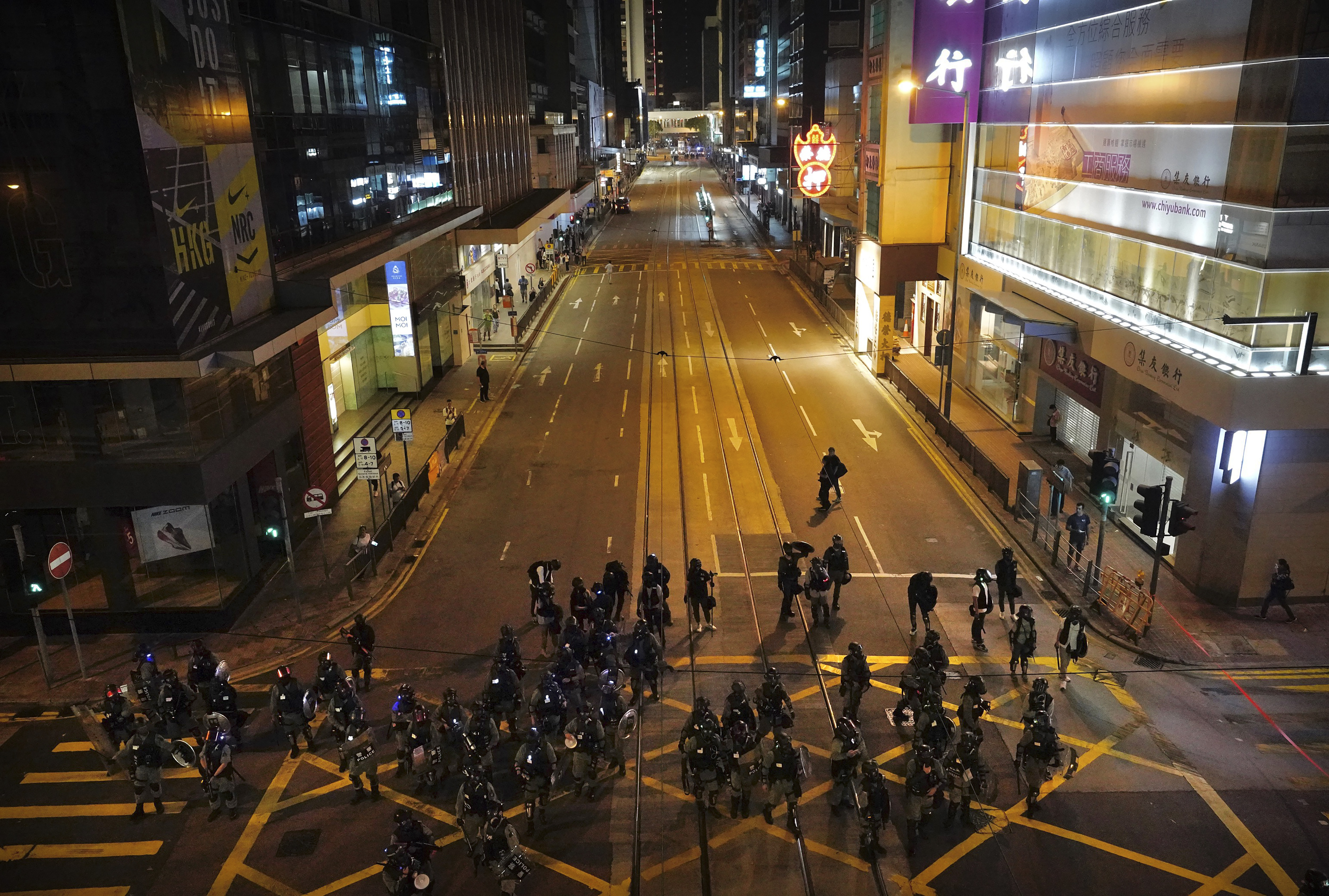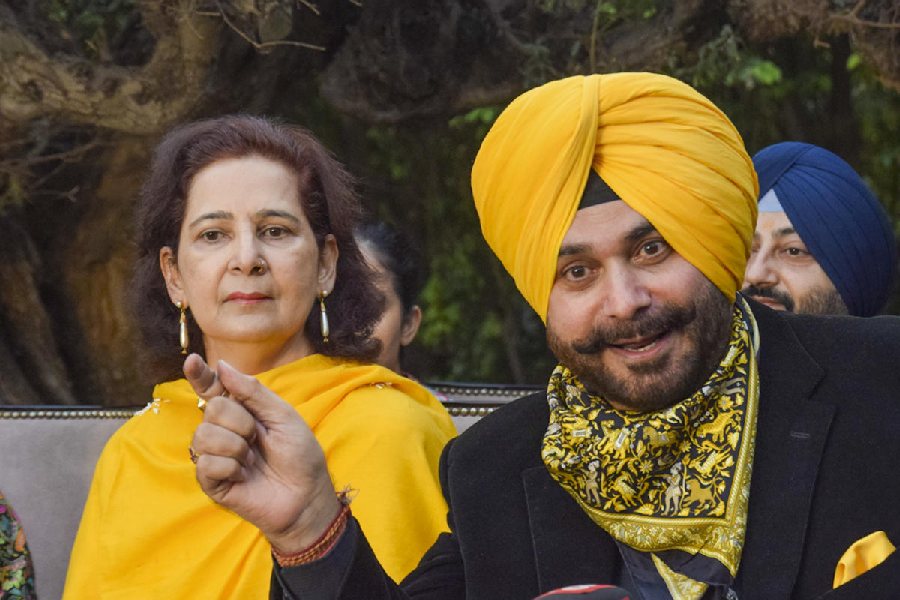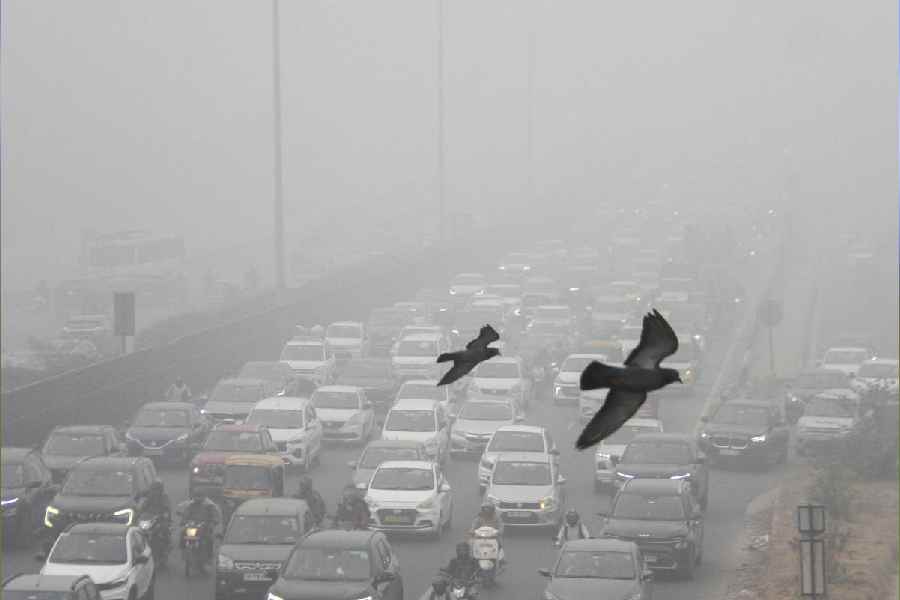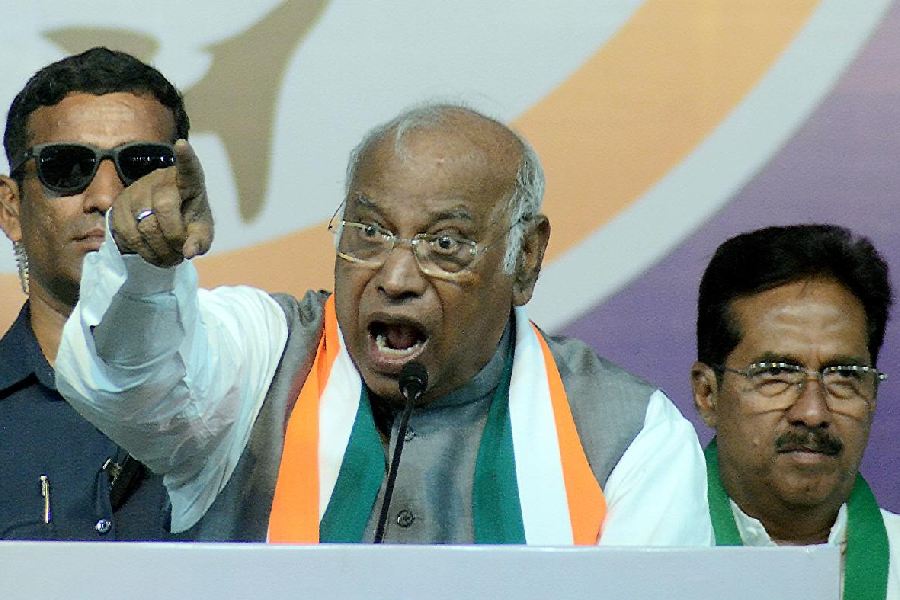Hong Kong’s economy officially fell into recession in the third quarter after enduring nearly five months of protests and a persistent trade war between the US and China.
The economy fell by 3.2 per cent in the three months ending in September compared with the quarter that ended in June, Hong Kong officials said on Thursday. It was the worst economic performance for the city since the global financial crisis a decade ago and the strongest signal yet of the damage caused by political unrest.
“The blow to Hong Kong economy is multifaceted,” Paul Chan, the city’s financial secretary, wrote in a blog post. He said that a full year contraction was also “very likely”.
The performance marked the second consecutive quarter that the territory’s economy shrank, meeting the formal definition of a recession. In the quarter that ended in June, the economy shrank 0.4 per cent from the first three months of the year.
Weekends in Hong Kong are now punctuated with public transport shutdowns, road blockages and the early closure of the malls and the luxury stores that were once part of the engine that keeps the city humming.
Tourists that travelled to Hong Kong from mainland China to fill their empty suitcases are almost all gone. During China’s main holiday week in early October, visitors plummeted by 55 per cent from the year before.
Hong Kong’s growth has also been buffeted by a protracted trade war between China and the US and is part of a broader global economic slowdown that has raised fears of recession in other major economies, including Germany and Britain.The protests that have seized Hong Kong were set to continue on Thursday, when demonstrators planned to use the city’s Halloween demonstrations to challenge a recent ban on masks at public gatherings by the authorities.
The protest movement began as a fight over a now-withdrawn extradition bill and has expanded its demands to include free elections and an independent investigation into the police’s use of force. But after agreeing to withdraw the extradition bill, the government has since then refused to budge on the other demands, summed up by protesters under the slogan “five demands, not one less”.
Under mounting pressure to take action, Hong Kong’s embattled leader, Carrie Lam, drew on a colonial-era law to ban face masks at public gatherings.
The move set off some of the most violent protests since the movement began in June.
On Thursday, the High Court began a two-day hearing to review the lawmakers’ requests to overturn the emergency law.











